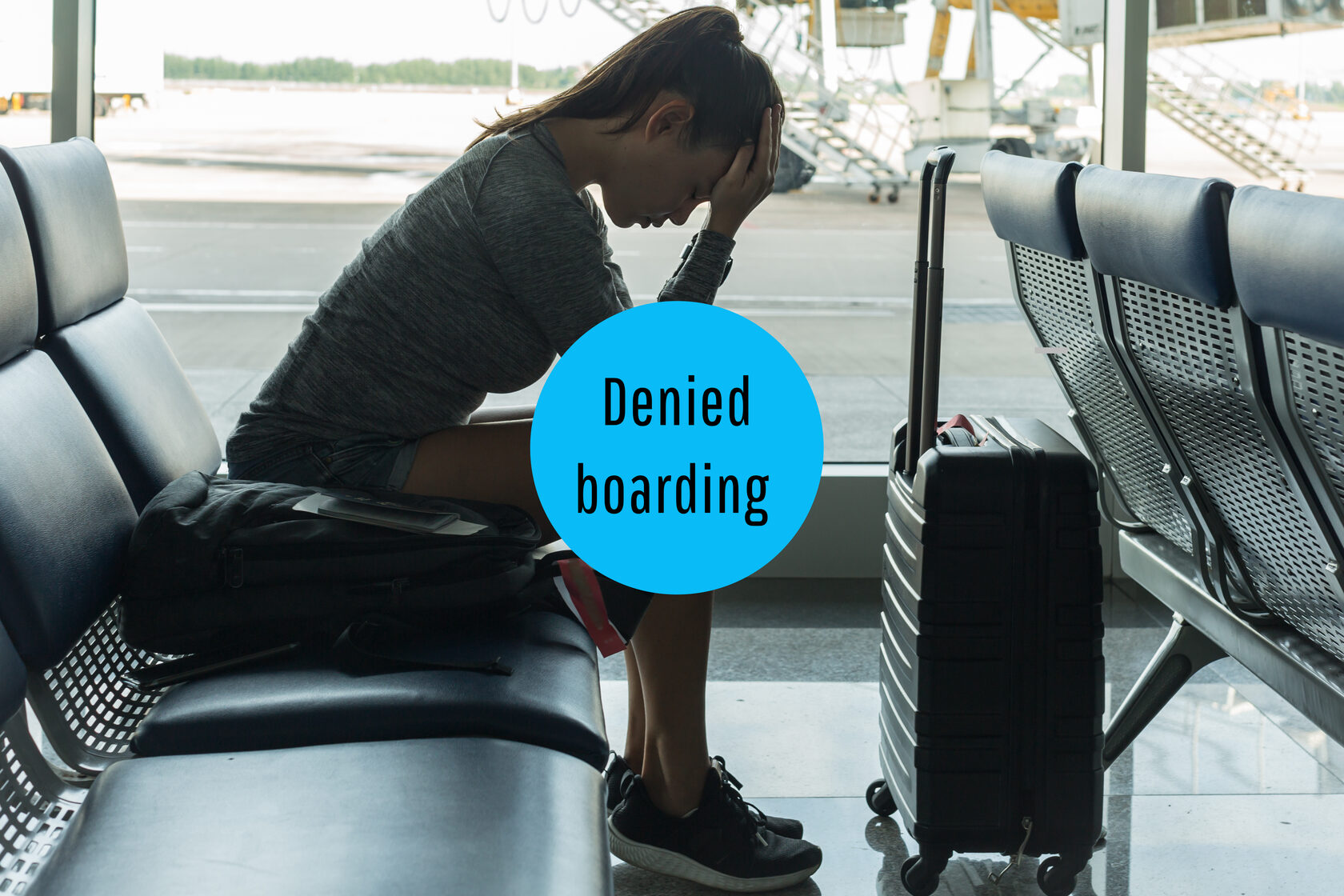The General Regulations on the Air Carriage of Passengers, Baggage, and Cargo and the Requirements for the Service of Passengers, Consignors, and Consignees, approved by the Order of the Ministry of Transport of the Russian Federation dated June 28, 2007 No. 82 and sets forth the rules regarding the refusal to board a passenger and/or canceled flights.
An airline may refuse to board a passenger (terminate the air carriage contract unilaterally) in the following cases:
- if the passenger violated any passport, customs, or sanitary rules of the departure or destination country, which is especially relevant during the pandemic, because some passengers do not have time to keep track of changes in the rules of entry into a particular country; therefore, in the context of the spread of COVID-19, they are often denied boarding (no tests passed or no right to cross the border during the pandemic);
- the passenger failed to comply with the requirements of federal aviation regulations;
- the aircraft passenger's health status requires special conditions of air transportation or threatens the safety of the passenger himself/herself or creates irreparable inconvenience for other persons;
- the passenger refused to pay for the carriage of his/her baggage if its weight exceeds the free baggage allowance;
- the passenger refused to pay for a ticket for his/her child, unless otherwise provided for by law;
- the passenger violated the rules of conduct on board the aircraft;
- the passenger's belongings or baggage contains items or substances prohibited for air transportation.








